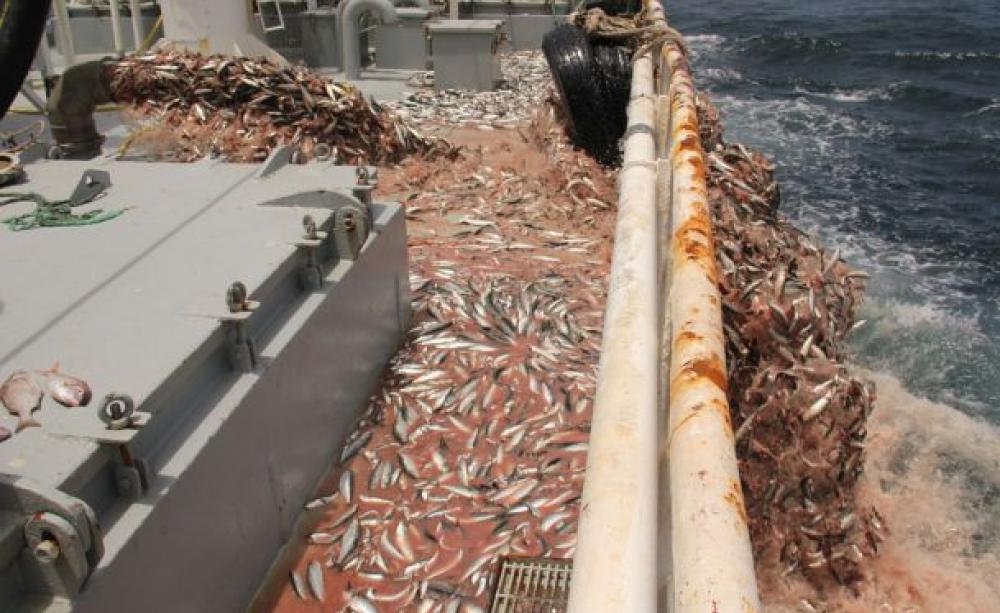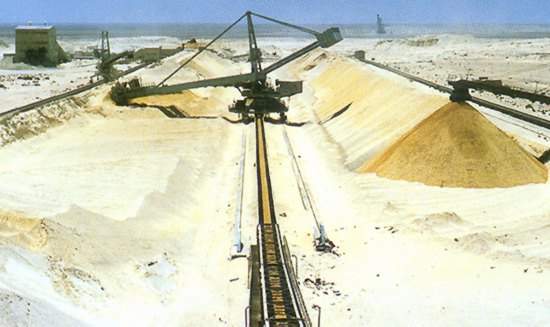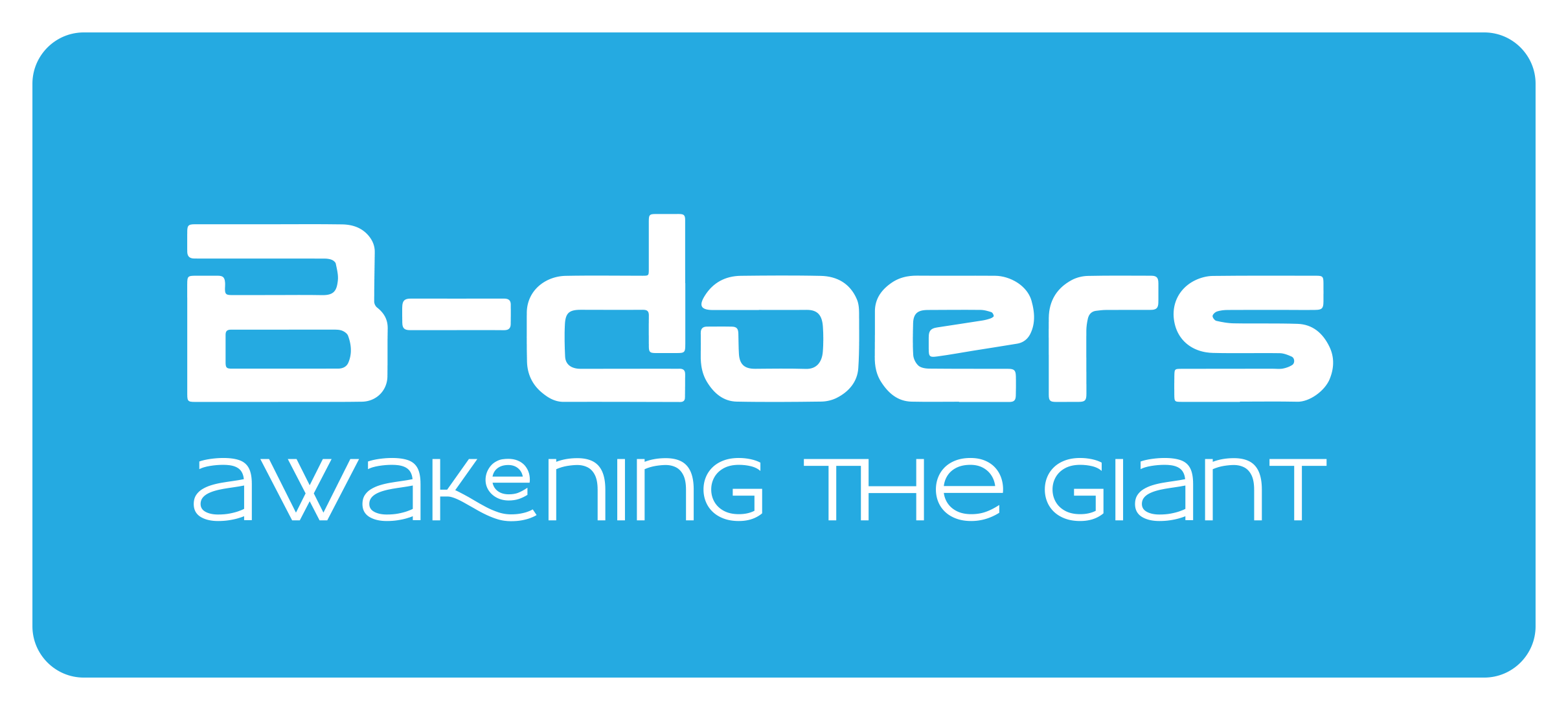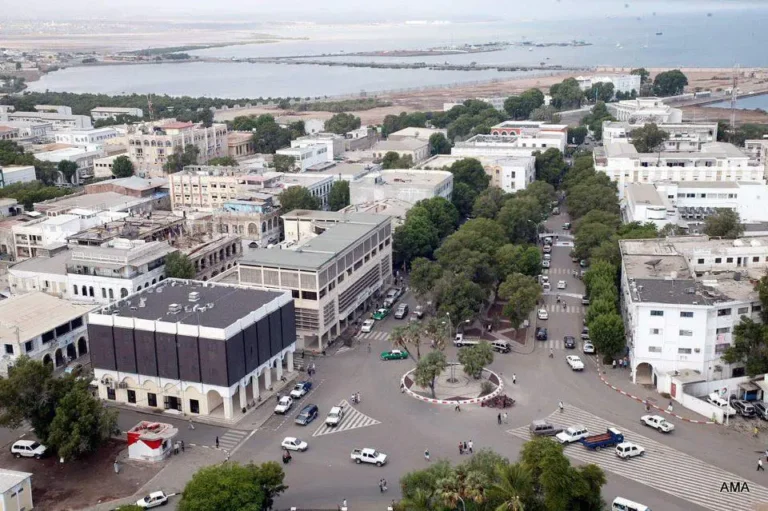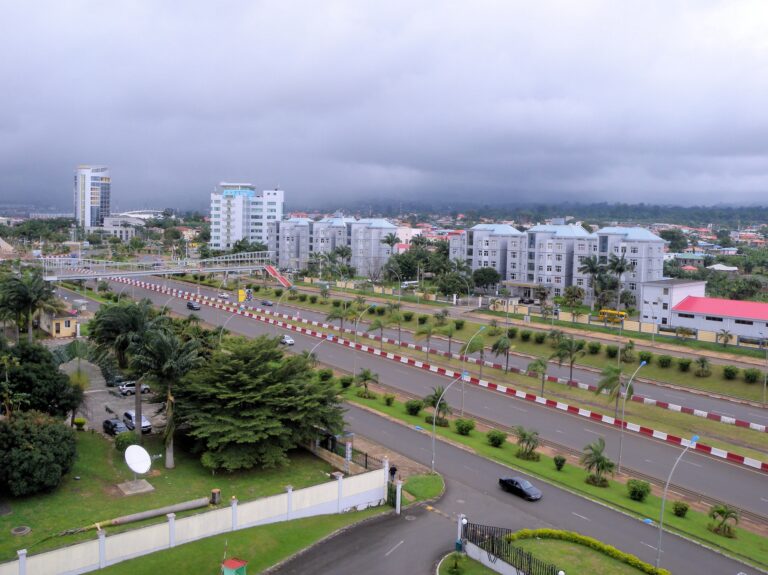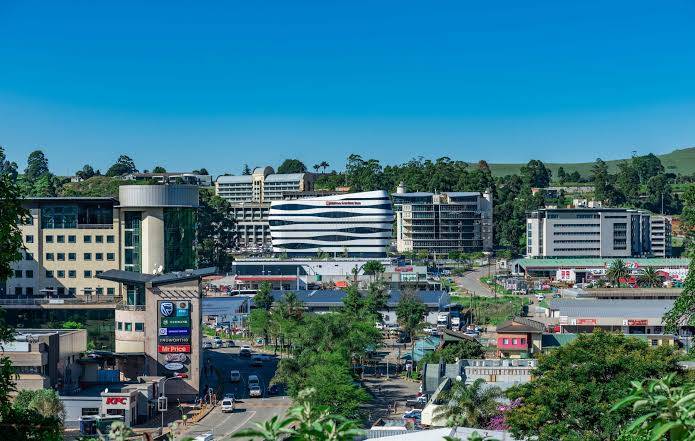Western Sahara
is a disputed territory on the northwest coast and in the Maghreb region of North and West Africa. About 20% of the territory is controlled by the self-proclaimed Sahrawi Arab Democratic Republic (SADR), while the remaining 80% of the territory is occupied and administered by neighboring Morocco. Its surface area amounts to 266,000 square kilometers (103,000 sq mi). It is one of the most sparsely populated territories in the world, mainly consisting of desert flatlands. Laâyoune or El Aaiún is the largest city of the disputed territory of Western Sahara, with a population of 217,732 in 2014.
The current population of Western Sahara is 624,922 as of Saturday, May 21, 2022, based on Worldometer elaboration of the latest United Nations data.
Brahim Ghali is a Sahrawi politician and military officer that serves as the current president of the Sahrawi Arab Democratic Republic (SADR) and former SADR ambassador to Algeria and Spain.
Western Sahara has a small market-based economy whose main industries are fishing, phosphate mining, tourism, and pastoral nomadism. The territory’s arid desert climate makes sedentary agriculture difficult, and Western Sahara imports much of its food. Trade and other economic activities are controlled by the Moroccan government. In Western Sahara, there is practically no economic infrastructure and the main activity is camel herding nomadism.
The Sahrawi youth that lives in the territory subject to Moroccan occupation live in conditions of constant repression, under the control of the Moroccan forces that patrol and exploit the territory as if it were their own, in the process criminalizing those Sahrawis that demand their self-determination.
Business opportunities in Western Sahara
Western Sahara’s primary industries include fishing, phosphate mining, and construction materials production. Agriculture remains an important sector due to both its location along North Africa’s Mediterranean coast and access to fertile land.
With its proximity to Europe, good transportation infrastructure (roads), available labor force, and export potentials for minerals and agricultural products, Western Sahara could become an important supplier of Natural Resources to Europe. This would create Business Opportunities for investors interested in industries related to energy, food processing, construction materials, and tourism.

